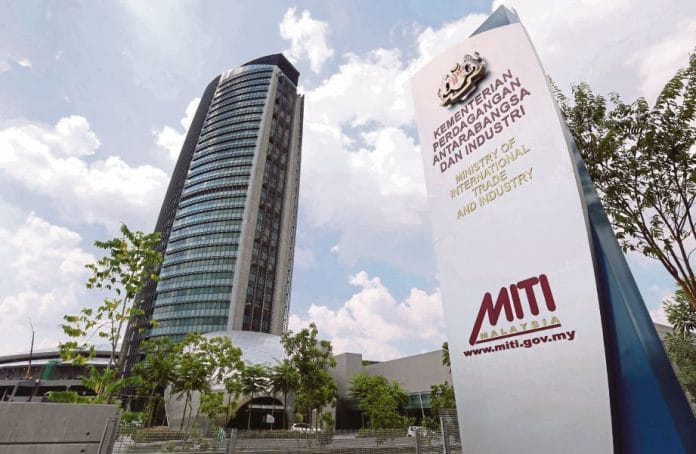Malaysia released its latest trade figures which showed a continued positive trend for February 2024, growing by 3.3% to RM211.79 billion year-on-year. MATRADE noted that exports reduced slightly by 0.8% to RM111.33 billion while imports rose by 8.4% to RM100.46 billion. Trade registered growth for the second consecutive month this year, and also delivered the highest monthly value for the month of February in Malaysia’s trade history. Trade surplus was valued at RM10.87 billion, marking the 46th consecutive month of surplus since May 2020.
The country’s trade performance continued its upward trajectory for the first two months of 2024, registering 8.3% growth to RM446.43 billion year-on-year. Exports increased by 3.9% to RM233.74 billion, contributed by a 3.4% increase in
manufactured goods to RM196.75 billion y-o-y. This was driven by higher exports of iron and steel products, machinery, equipment and parts as well as petroleum products. Imports, on the other hand, climbed 13.6% to RM212.69 billion, providing a trade surplus of RM21.04 billion. Compared to January 2024, trade surplus expanded by 6.9% for February 2024.
As for outlook, the World Trade Organization has forecast 3.3% growth in merchandise trade in 2024, while the International Monetary Fund (IMF) has forecast global trade to grow by 3.3%. The IMF is also expecting global Gross Domestic Product (GDP) to grow by 3.1%. The agency under the Ministry of Trade Investment said the figures will be contributed by better growth prospects for the world’s two largest economies, the United States and China, Malaysia’s two top trading partners by country. This improved global outlook would also be supported by stronger private and public spending, as well as increased labour force participation, improved supply chains and cheaper energy and commodity prices.
MITI and its agency, MATRADE said they are cautiously optimistic and remain vigilant of global risks, while proactively looking out for export opportunities to both existing and new markets, as outlined by the National Trade Blueprint. Further, guided by the New Industrial Master Plan 2030, MITI is also attracting more high-quality investments which would, in turn, increase Malaysia’s future manufacturing and services exports’ value.
The Ministry is taking proactive steps by encouraging Malaysian exporters to take advantage of benefits under the 16 Free Trade Agreements (FTAs) (7 bilateral FTAs and 9 regional FTAs) that have been signed and implemented, including two major FTAs namely, the Regional Comprehensive Economic Partnership (RCEP) and the Comprehensive and Progressive Agreement for Trans-Pacific Partnership (CPTPP).









